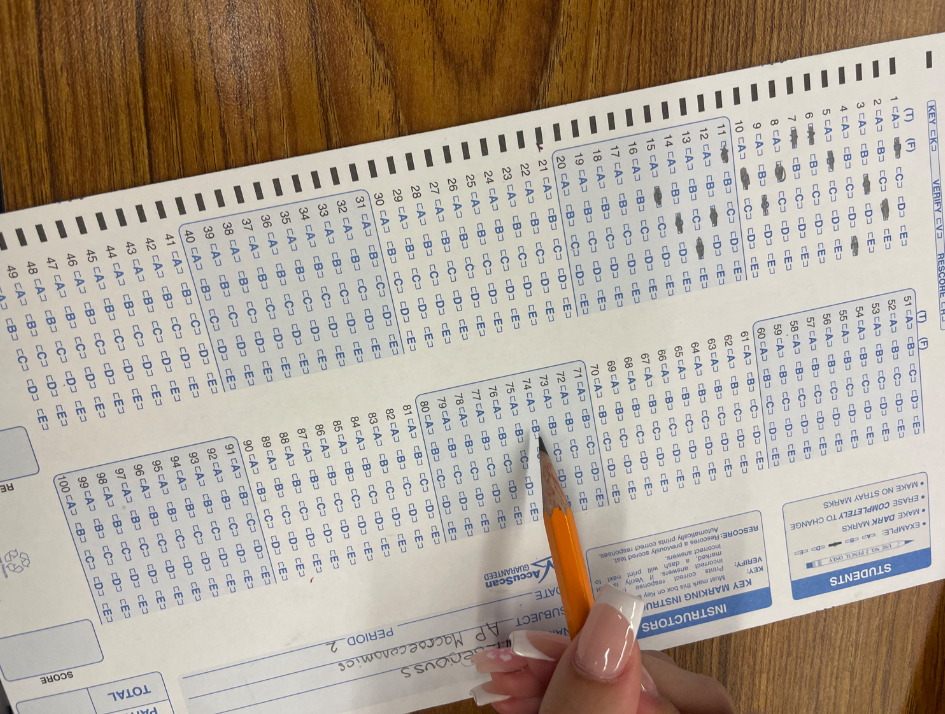Today’s youth face numerous distractions that promote inactivity, with only 27% of U.S. high school students engaging in recommended physical activity levels, according to the Journal of Adolescent Health. This decline in exercise likely contributes to deteriorating mental health among children. Exercise notably benefits both physical and mental well-being; here are three reasons to encourage it in mental health awareness efforts.
Physical Benefits
Working out has numerous benefits for teenage mental and physical health. On the physical aspect, regular exercise helps teenagers build strong muscles, maintain a healthy weight, and improve cardiovascular health. Engaging in activities like running, swimming, or playing sports ensures their bodies develop properly and stay fit. Additionally, exercise boosts the immune system, helping teenagers fight off illnesses more effectively
Mental Benefits
When teens exercise, their bodies release endorphins, which are basically natural mood boosters. These chemicals help reduce stress levels, keep them alert, and give them more energy throughout the day. For teenagers, who often juggle schoolwork, social pressures, and all the ups and downs of growing up, regular exercise can make a big difference in how they handle stress.
Getting active can also help ease feelings of anxiety and depression. It’s super important during adolescence, a time when emotions and thoughts can be all over the place. Instead of feeling overwhelmed by school or social challenges, being involved in sports or physical activities gives teens a healthy way to blow off steam. It’s not just about staying fit; it’s also about lifting their mood and improving their self-esteem. Plus, exercising can help them connect with others, making it easier to build friendships and feel more supported during these tricky years.
Improves Self Esteem & Confidence
Teenagers experience a significant boost in self-confidence when they achieve their fitness goals and improve their physical capabilities. This journey helps combat the insecurities many face at this age and fosters a deeper comfort in their bodies. According to Adrianna Pulecio, a student at Colonia High School, she believes that physical fitness has improved her mental health and allows her to feel more confident about her body and her overall well-being. When Pulecio works on her physical health, she focuses on things that are going to better herself for her to accomplish her goal of being physically fit. By becoming physically fit, they develop a positive self-image, which enhances their self-esteem and empowers them to embrace who they are. Embracing fitness transforms their bodies and outlook on life, paving the way for a more confident and self-assured future.
Improves Sleep Patterns
Regular physical activity makes teenagers fall asleep faster and enjoy their sleep. This is crucial because teenagers’ brains are actively growing. According to hopkinsmedicince.org, moderate aerobic exercise increases the amount of slow-wave sleep you get. Slow wave sleep refers to deep sleep, where the brain and body have a chance to reset. People who engage in at least 30 minutes of moderate aerobic exercise may see a difference in sleep quality that night. Better sleep will help with emotional stability and better overall mental health.
Better Academic Performance
Studies have shown that regular exercise can improve concentration, memory, and cognitive function. Teenagers who engage in physical activity tend to focus better and are likelier to perform better in school. According to the US Centre for Disease Control and Prevention (CDC), Physical activity has a positive impact on people’s cognitive skills such as concentration and attention. This also improves classroom attitude and behaviors all of which are needed for a successful academic performance. Acco
How can parents help?
Realizing that some teenagers might not find sports exciting or entertaining is important. Parents have to find an activity that their teenager will enjoy doing. Having fun with your physical fitness is a great way to stay consistent. It is also important for parents to lead by example. Ensuring you are staying active and providing a good example for your young teenagers is also crucial.











